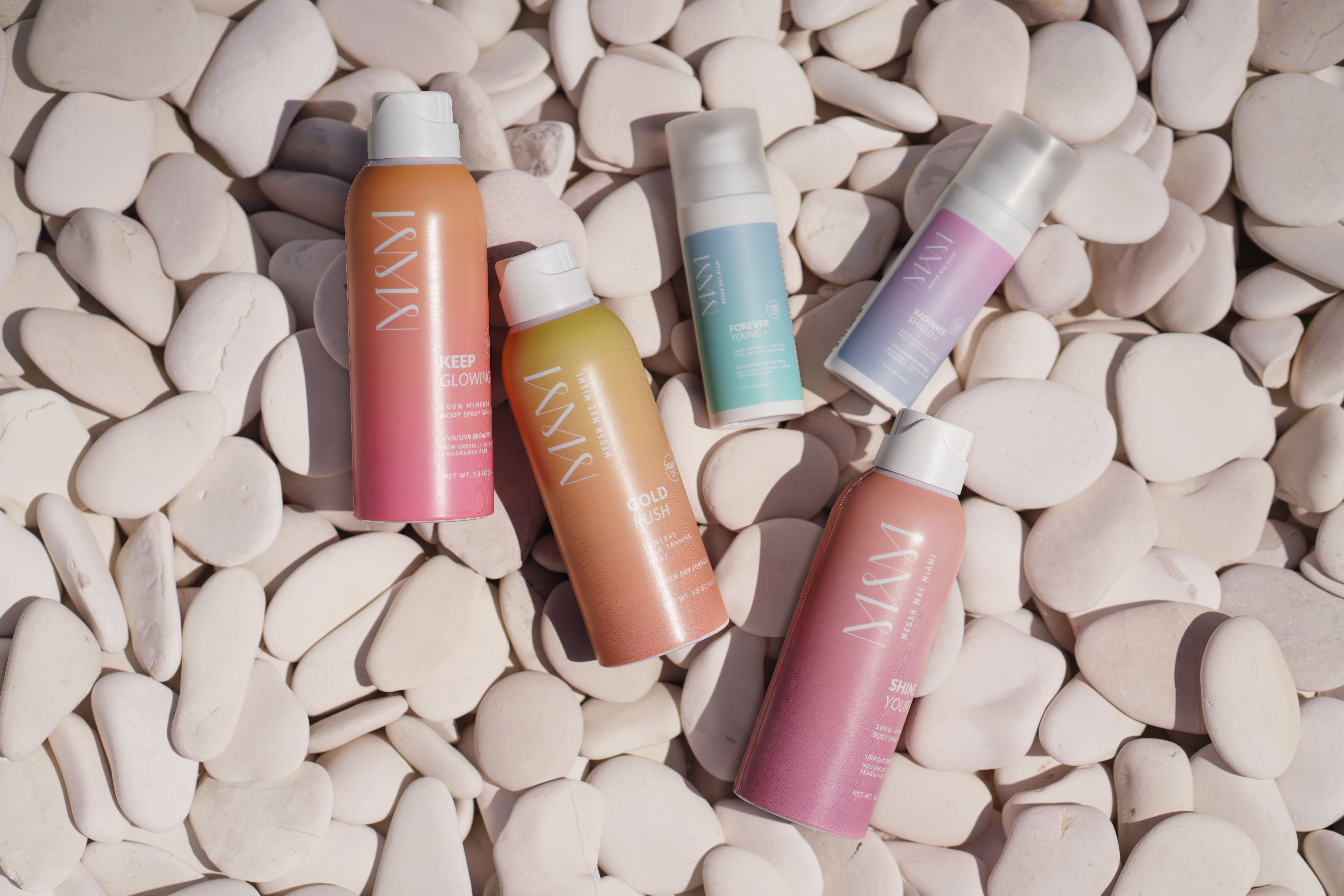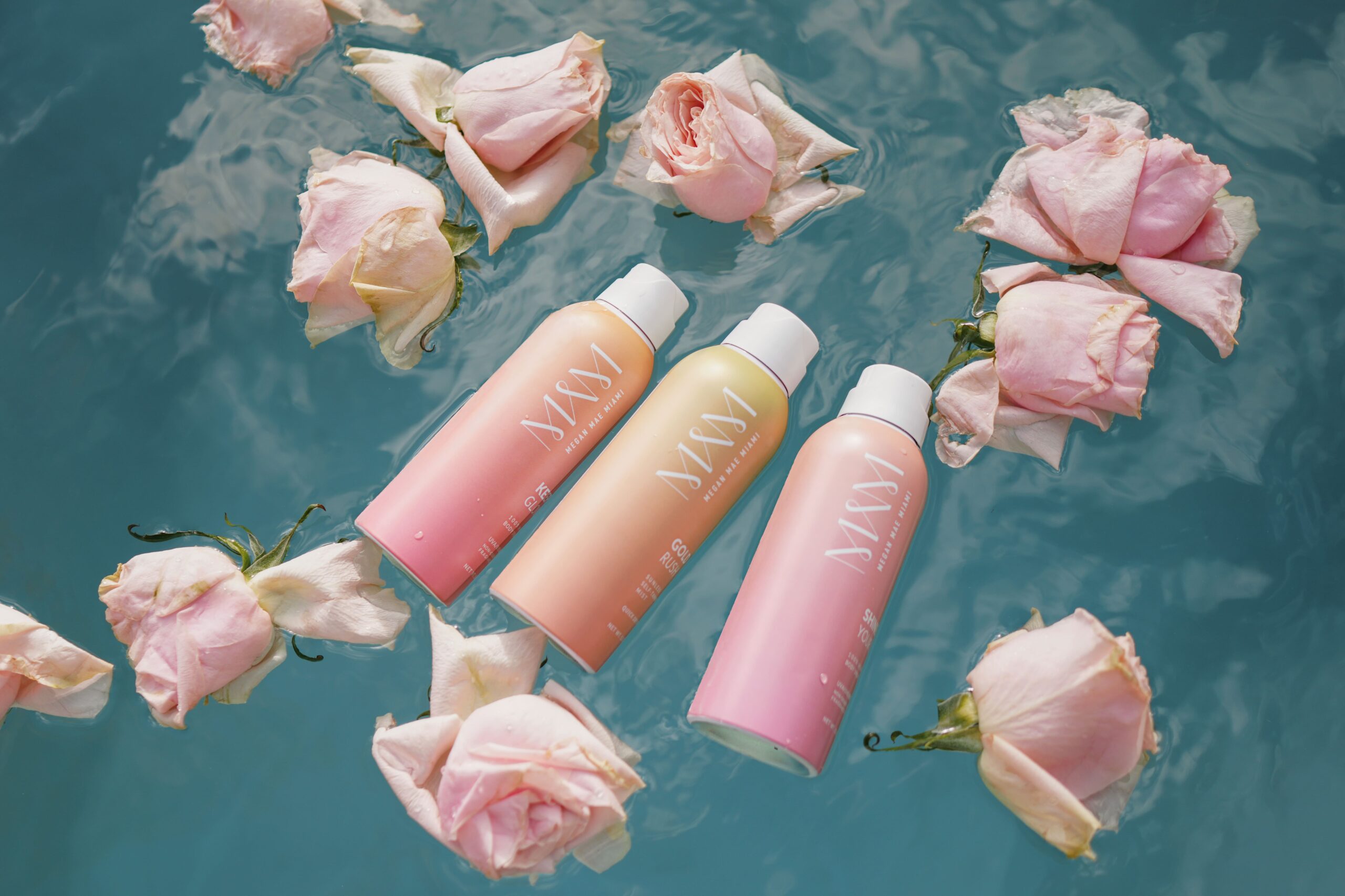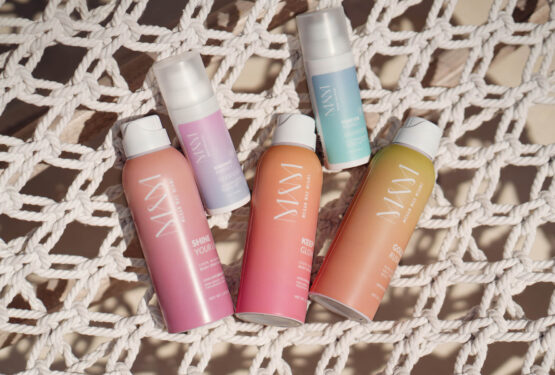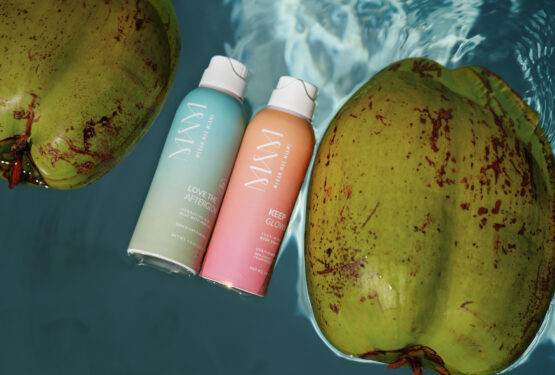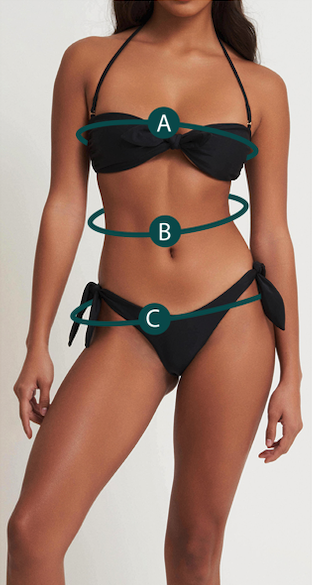As you bask in the glory of sunny days, whether lounging on the pristine beaches of Miami or navigating the daily hustle, protecting your skin from the sun’s harmful rays is a crucial part of your skincare regimen. But when it comes to choosing the right sunscreen, the myriad of options can be overwhelming. Two primary contenders emerge: mineral vs. chemical sunscreens. Understanding what the difference is between mineral and chemical sunscreen is not just about making an informed choice—it’s about embracing a lifestyle that cherishes and protects your radiant skin. Let’s dive in!
The Basics of Sunscreen Protection
At its core, sunscreen serves as your skin’s shield against ultraviolet (UV) radiation. There are two types of UV light that can harm your skin — UVA and UVB. UVA rays are primarily responsible for skin aging, while UVB rays cause sunburn. Overexposure to either UV light type can lead to skin cancer. Sunscreens use either mineral (physical) filters or chemical filters to protect your skin from these rays, and knowing the difference between mineral vs. chemical sunscreens can help you make the best decision for your skin.
Chemical Sunscreens: Quick Absorption & Skin Penetration
So, what is the difference between mineral and chemical sunscreen? When it comes to mineral vs. chemical sunscreens, it’s important to note that chemical sunscreens are formulated with organic compounds such as oxybenzone, avobenzone, octisalate, and octocrylene––chemicals that absorb UV radiation through their chemical bonds. As the sunscreen absorbs the UV light, the chemicals transform UV rays into heat, which is then released from the skin. They are often preferred for their lightweight, easy-to-apply texture and are less visible once applied. However, they can sometimes irritate sensitive skin and have a higher potential for causing allergic reactions. Additionally, concerns have been raised about the environmental impact of some chemical UV filters, particularly on marine ecosystems.
Mineral Sunscreens: Natural & Nurturing
Mineral sunscreens, on the other hand, use natural minerals such as zinc oxide or titanium dioxide as their active skin-protecting ingredients. These minerals act as physical blockers that sit on top of your skin and deflect damaging UV rays away from the skin. When it comes to mineral vs. chemical sunscreens, mineral options hold numerous benefits for your skin and the environment.
- Another difference between mineral and chemical sunscreen is that mineral sunscreen starts protecting immediately upon application.
- Mineral sunscreens are less likely to irritate the skin and are generally recommended for sensitive, acne-prone, or rosacea-affected skin.
- Mineral sunscreens do not penetrate the skin, which minimizes the risk of allergic reactions.
- These sunscreens are considered safer for marine life, aligning with eco-conscious consumer values.
Megan Mae Miami’s Commitment to Your Skin & the Environment
At Megan Mae Miami®, we understand the importance of protecting both your skin and our precious planet. That’s why our suncare line is exclusively composed of mineral-based products, ranging from face lotions and body sprays to a hydrating lip balm. Our sunscreens are created to be hydrating, moisturizing, water-resistant, and, most importantly, free from harmful chemicals. They’re designed to blend seamlessly into your lifestyle, providing non-greasy, eco-friendly protection that keeps you glowing and is kind to our planet.
Choosing Megan Mae Miami®’s mineral-based products when choosing between mineral vs. chemical sunscreens means opting for products that reflect your values: a commitment to sustainability, health, and undeniable quality. Embrace the power of mineral protection and let your natural beauty shine, safe in the knowledge that you are making the best choice for your skin and the world around you.

